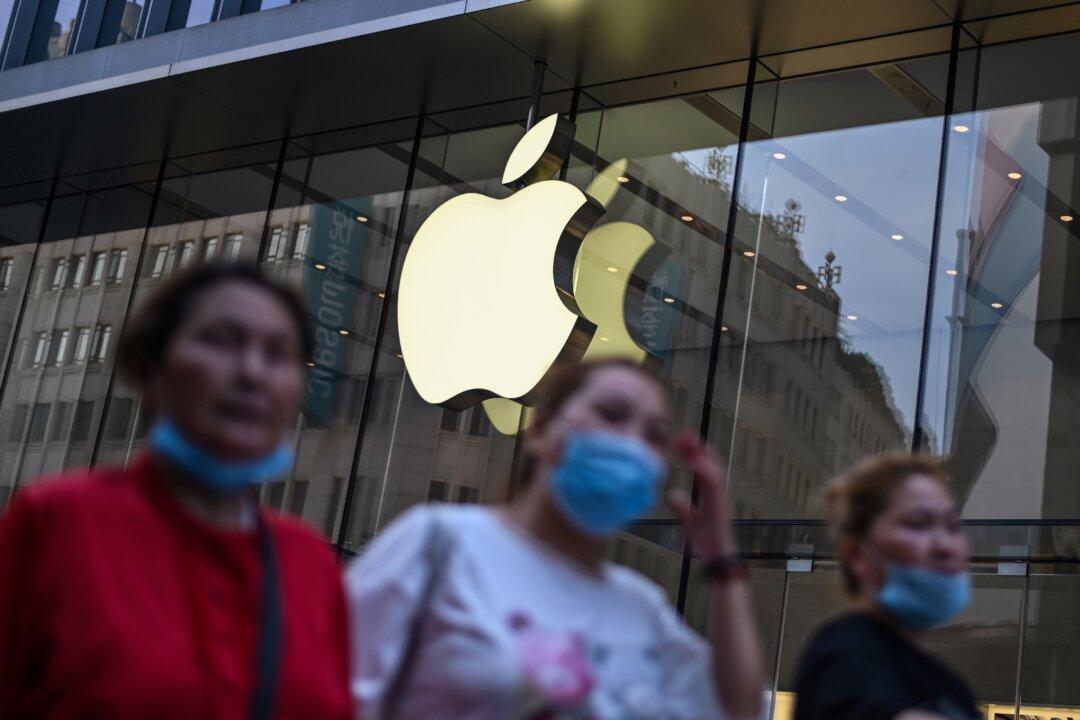For years, the Chinese regime has been able to rely on a powerful bloc to represent its interests in Washington: corporate America.
That’s according to Clyde Prestowitz, author of the book “The World Turned Upside Down: America, China, and The Struggle for Global Leadership.” And he wants it to end.





